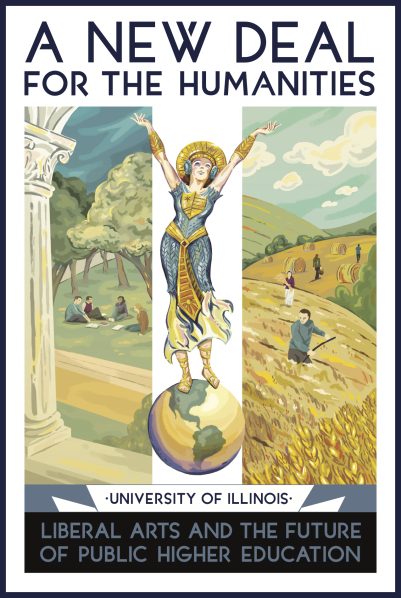Today, some 20 years after its first formulation, there is little question of the validity of Jerome McGann’s core and repeated argument: that we humanities scholars and publics stand before the vast, near-wholesale digital transformation of our various and shared cultural inheritance. This transformation – more properly, these remediations – are fully underway. They open new avenues for the work of the liberal arts in all of its spheres: for our ability to gain access to, to analyze and interpret, and most importantly to vouchsafe to future generations, the words, images, sounds, and built and material objects that crystalize in our archives and which we so carefully position to refract little, mirror-like understandings of what it has meant, for the blink of an eye, to be human.
Any remediation of both the fixed and fluid forms of past human culture poses opportunity for humane reflection. This is because remediation, at its heart, is selective transformation – lossy and additive, a process of scholarly editing and interpretation – requiring the careful attention not only of content specialists, but of specialists in technologies of information, past and present, and in knowledge representation: people invested in the curation of things and the transmission of culture. Ideally, these are people who deeply appreciate the objects under their care, who can amplify the faint voices still rattling around in them, and who know every trick to facilitate new understandings from old stuff. These are people who extend contextual, materialized, and historically-situated knowledge to contemporary audiences, and create spaces in which those moderns can talk back to the past.
